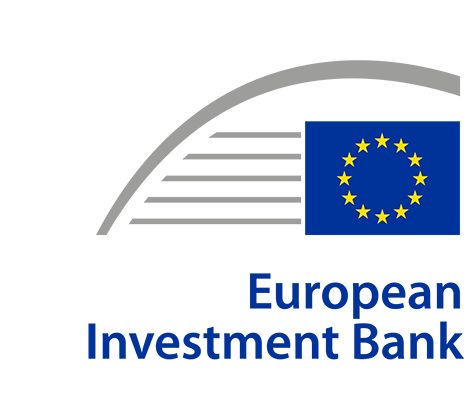European Social Fund financial instruments supporting self-employment and entrepreneurship

Vienna saw the first thematic
Practical insights from the Entrepreneurship Promotion Fund
The workshop's second case study, describing the Italian SELFIEmployment, was presented by Martina Rosato, Agenzia Nazionale Politiche Attive Lavoro (ANPAL), the ESF managing authority and Concetta Granato, Invitalia, the financial instrument manager. The speakers highlighted the fundamental importance of training for the target group of NEETs (young people Not in Education, Employment or Training) when completing applications and learning how to set up a business. Another issue which arose during implementation was the importance of communication that is properly targeted at a local level using information channels that are favoured by young people.
Commenting on the SELFIEmployment session, Ms Rosato said: “In Vienna I found the audience very interested in the Italian financial instrument. Particularly, there was great interest in the activities financed via the instrument and in the type of eligible expenditure, in the context of the ESF. The audience also positively perceived the importance we gave to the ‘Business Development Service’ before and during the design of the financial instrument.”
The Question & Answer sessions that followed each case study were very active with peers exchanging experiences and ideas on a wide range of topics. For the Entrepreneurship Promotion Fund these included discussions on the selection of financial intermediaries, combining financial instrument support with subsidies, performance related fees, and eligible expenditure. Another topic of particular interest was the provision of training at all levels including for managing authorities and financial intermediaries, as well as additional services for potential final recipients. Ms Beiliuniene was encouraged by the session, commenting: “The interest we received from the audience allows us to believe that financial instruments can also be successfully implemented in other countries, as they are in Lithuania.”
Participants stressed the benefits of the presentations and
Further information about this thematic ESF workshop, including the presentations, is available from the

